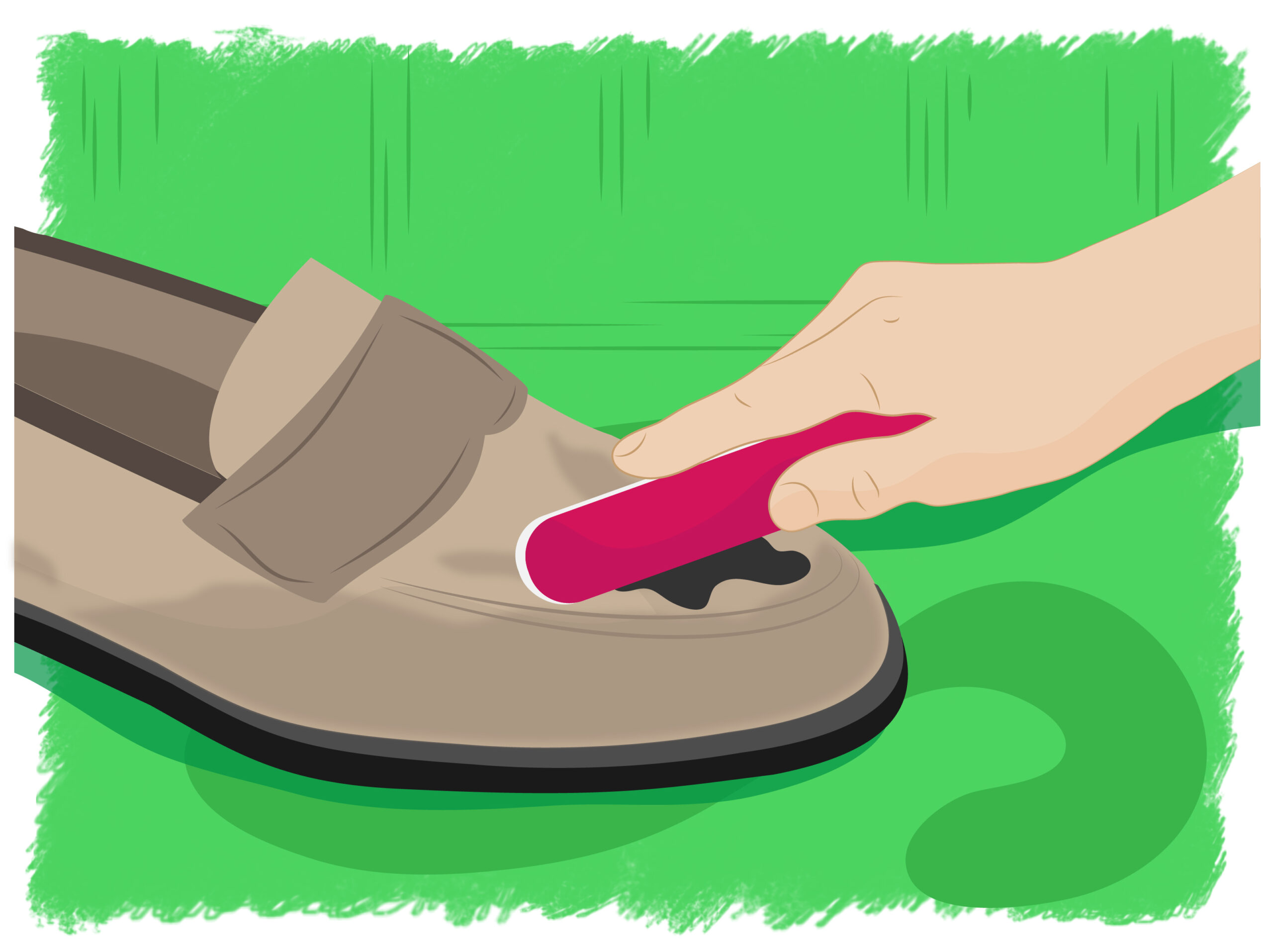The True Environmental Cost of Discarding Computers in Landfills
Introduction: The Unseen Impact of Discarded Computers
As technology advances at a breakneck pace, millions of computers reach the end of their useful lives every year. While tossing an old computer in the trash may seem convenient, this choice carries significant environmental and health consequences. Computers are far more than simple machines-they contain a complex mix of metals, plastics, and hazardous substances that can persist in the environment for decades if not managed responsibly. Understanding the effects of discarding computers in landfills is vital to making informed decisions and protecting both our health and our planet.
What Happens When Computers End Up in Landfills?
When computers are discarded in landfills, they don’t just become part of the growing mountain of waste. Instead, they introduce a cocktail of toxic substances into the environment. Computer components often include lead, mercury, cadmium, chromium, and flame retardants , all of which are highly hazardous to living organisms. As these devices break down over time, these chemicals can leach into the surrounding soil and groundwater, contaminating critical natural resources [1] [2] .

Source: ar.pinterest.com
Soil and Water Contamination: Persistent and Cumulative Risks
The toxic metals and chemicals inside computers do not degrade quickly. Instead, they persist in the environment, posing long-term threats. For example, lead and cadmium can migrate deep into the soil, damaging microorganisms and plant life. Since many crops and livestock depend on healthy soil and clean water, the contamination can ultimately reach humans through the food chain. This process is gradual but relentless: each discarded computer increases the cumulative burden of hazardous substances in local ecosystems [5] .

Source: gyngenyeestudyquizz.z14.web.core.windows.net
Groundwater is particularly susceptible to pollution from e-waste. Rainwater percolates through landfills, dissolving heavy metals and carrying them into aquifers used for drinking water and irrigation. Once groundwater is contaminated, it is extremely difficult and costly to remediate, putting entire communities at risk [2] [3] .
Air Pollution: Dangerous Gases and Global Effects
Improper disposal does not only affect the ground. When e-waste is burned-whether intentionally or as landfill fires occur-dangerous gases such as dioxins and furans are released. These compounds are known to be highly toxic, carcinogenic, and capable of traveling vast distances through the atmosphere. Airborne pollutants from burning computers can degrade air quality, contribute to respiratory diseases, and even deplete the ozone layer, amplifying the global impact of local disposal practices [2] [1] .
Harm to Ecosystems and Biodiversity
The ecological consequences of improper computer disposal extend far beyond direct soil and water contamination. Toxic runoff from landfills can enter streams, rivers, and lakes, poisoning aquatic life and disrupting delicate food webs. Heavy metals and persistent organic pollutants accumulate in fish and other wildlife, leading to reproductive failures, decreased populations, and even species extinction in extreme cases. The loss of biodiversity and the degradation of habitats have ripple effects throughout entire ecosystems, threatening the stability of natural systems that support all life [3] .
For example, studies have shown that soil contaminated with e-waste reduces agricultural productivity and threatens food safety. Crop yields may decline, and harmful substances can enter the human food chain, raising the risk of chronic health problems [3] .
Human Health Impacts: The Hidden Cost
Exposure to the toxic substances released by discarded computers can have devastating effects on human health. Children are especially vulnerable, as their developing bodies absorb toxins more readily. Documented health risks include:
- Neurological disorders and cognitive delays, particularly from lead exposure
- Respiratory ailments and chronic lung diseases
- Reproductive issues and birth defects
- Cancer and other long-term illnesses
Communities living near landfills or informal recycling sites often face higher rates of these health issues. According to the World Health Organization, adverse health effects linked to e-waste exposure include negative birth outcomes, changes in lung function, and increased respiratory problems [5] [3] .
Why Do So Many Computers End Up in Landfills?
Despite the known risks, nearly 70% of electronic waste is still sent to landfills globally. This is often due to lack of awareness, inadequate recycling infrastructure, and the relatively low cost of landfill disposal compared to responsible recycling. Additionally, illegal dumping and improper management at waste sites worsen the problem [2] [4] .
Actionable Steps: How to Responsibly Dispose of Old Computers
To prevent environmental and health damage, it is essential to avoid discarding computers in regular trash or landfill streams. Here’s how you can make a difference:
- Find a Certified E-Waste Recycler: Look for recycling centers or electronic stores that are certified to handle e-waste. These facilities use safe processes to extract valuable materials and properly dispose of hazardous substances. You can search for certified e-waste recyclers in your area by contacting your local waste management authority or searching online for “certified e-waste recycling center” along with your city or state.
- Participate in Community Collection Events: Many municipalities and environmental organizations hold periodic e-waste collection events. These events offer a safe and convenient way to dispose of old computers and other electronics. Check with your city government’s website or local environmental groups for upcoming dates and drop-off locations.
- Manufacturer Take-Back Programs: Some computer manufacturers offer mail-back or drop-off programs for end-of-life devices. Visit the official website of your computer’s manufacturer to check for recycling or trade-in options. If unsure, search “[Manufacturer Name] e-waste recycling program” for more details.
- Donate Working Devices: If your computer is still functional, consider donating it to a local school, nonprofit, or community center. Many organizations refurbish used electronics for those in need, preventing waste and extending the device’s useful life.
- Data Security Before Disposal: Always remove personal data from your computer before recycling or donating. Use disk-wiping software or consult a professional for secure data destruction.
If you have difficulty finding a local recycling option, you may contact your state’s Department of Environmental Protection or the U.S. Environmental Protection Agency (EPA) for guidance on e-waste resources and regulations.
Alternative Approaches and Overcoming Common Challenges
Barriers such as lack of access to recycling facilities, unclear regulations, or uncertainty about data security can discourage responsible disposal. To overcome these challenges:
- Advocate for improved local recycling programs and e-waste legislation. Community involvement can drive change and increase access to safe disposal options.
- Educate others about the risks of improper disposal and the benefits of recycling. Share information with friends, family, and coworkers to expand responsible behavior.
- If you are a business or organization, consider partnering with certified recyclers for bulk electronics disposal. Establish internal policies to ensure all obsolete computers are handled safely.
- Stay informed about evolving recycling technologies and best practices through reputable sources and environmental organizations.
Key Takeaways: Protecting the Environment and Your Health
Discarding computers in landfills is not a harmless act-it is a significant source of toxic pollution, ecosystem degradation, and health problems. Each computer that avoids the landfill is a step toward a safer, healthier world. By choosing responsible recycling or donation, you contribute to environmental protection, resource conservation, and community well-being. For detailed, local guidance, contact your city’s waste management department or visit the U.S. EPA’s official website and search for “e-waste recycling resources.”
References
- [1] IDR Environmental (2023). How Does Discarding Computers In A Landfill Affect The Environment?
- [2] CompuCycle (2025). What is the Environmental Impact of Electronic Devices?
- [3] Landbell Canada (2025). The Terrifying Environmental Impact of Improper E-Waste Disposal.
- [4] Newtech Recycling. The Effects of Not Recycling E-Waste.
- [5] Earth.Org (2023). The Environmental Impact of E-Waste.
MORE FROM savvysc.com













